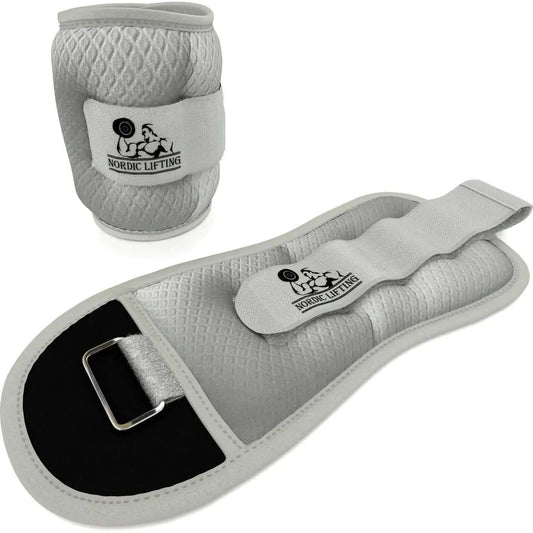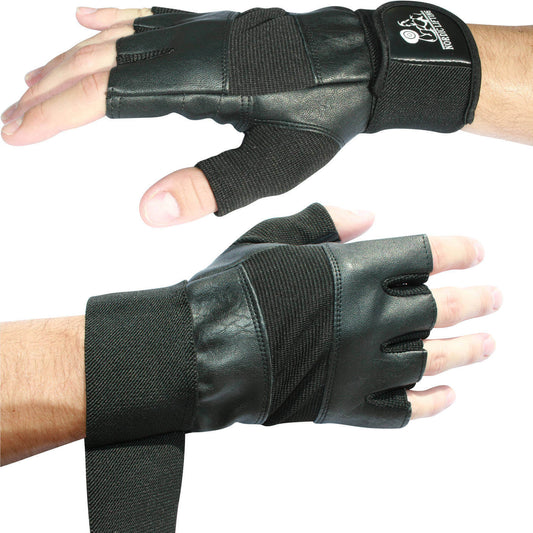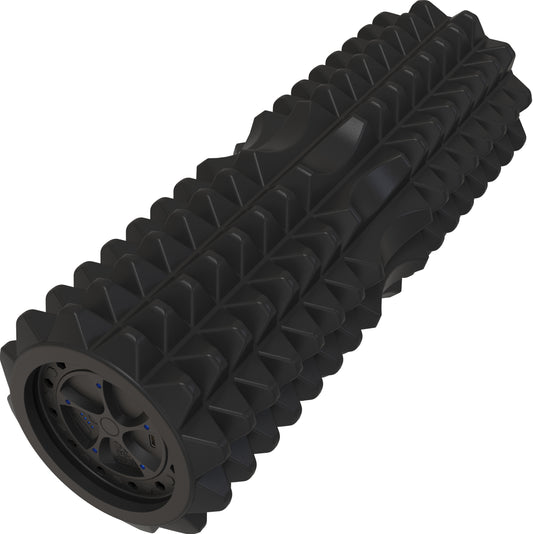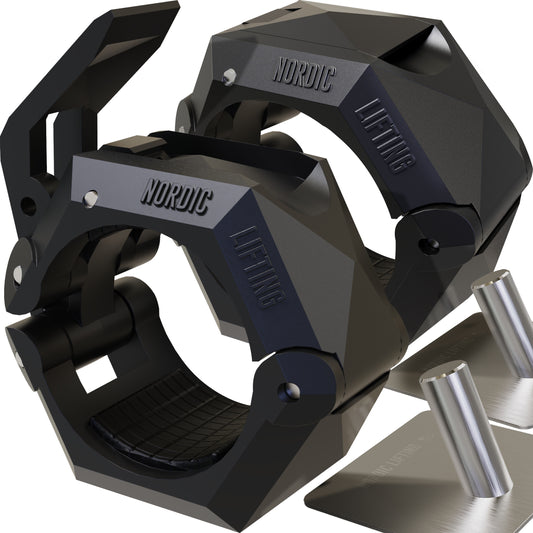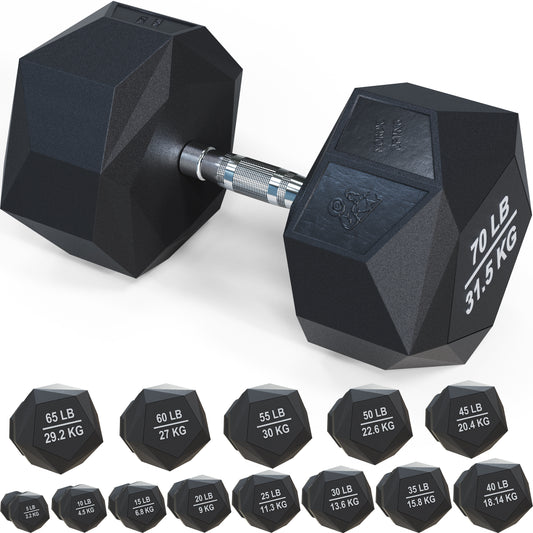Last Updated: February 6, 2025
Weight loss is a journey that many embark on, yet understanding the timeline for seeing results is crucial for staying motivated. Typically, individuals can expect to see noticeable weight loss results within 4-6 weeks when following a balanced diet and exercise plan. This timeframe can vary based on several factors, including starting weight, exercise routines, and dietary choices. Knowing what to expect helps set realistic goals and keeps the process manageable.
As individuals pursue their weight loss goals, they may find themselves questioning how long it will take to see meaningful changes. It is important to recognize that sustainable weight loss requires patience, commitment, and adjustments along the way. By adopting a healthy lifestyle and monitoring progress, one can navigate the ups and downs of their weight loss journey more effectively.
Key Takeaways
- Expected weight loss results typically become visible in 4-6 weeks.
- Diet and exercise play significant roles in progress and outcomes.
- Staying committed to a healthy lifestyle helps overcome challenges.

Understanding Weight Loss Fundamentals
Weight loss involves more than just cutting calories; it requires a grasp of how body composition and energy balance interact. Recognizing these fundamentals is crucial for anyone looking to achieve sustainable fat loss.
Defining Weight Loss and Body Composition
Weight loss primarily refers to the reduction of total body mass, which includes both fat and muscle. A focus on body composition is essential. It helps distinguish between fat mass and muscle mass.
While losing weight, it's crucial to preserve muscle mass. This can prevent a decrease in the metabolic rate. When muscle is lost, the body burns fewer calories at rest. A healthier approach is to aim for fat loss while maintaining or increasing muscle strength.
Understanding body fat percentage can guide individuals in tracking their progress and adjusting their plans if needed. Recognizing the difference between weight lost from fat and weight lost from muscle is important for long-term health.
Calories and Energy Balance
Calories represent the energy obtained from food, while energy balance compares the number of calories consumed to the number burned. For effective weight loss, one must create a caloric deficit. This means consuming fewer calories than the body requires, leading it to use stored fat for energy.
Calorie intake should be carefully monitored, as eating too few calories can slow metabolism. A sustainable caloric intake is necessary for avoiding nutritional deficiencies and ensuring overall health.
Factors such as metabolic rate also play a significant role in determining how fast one loses weight. Individual metabolism can vary based on genetics, age, and muscle mass. Understanding these elements can lead to more successful weight loss strategies.
Determining Weight Loss Expectations
When embarking on a weight loss journey, it is vital to set proper expectations. Knowing how to set realistic goals and understanding the factors that can influence progress are essential to staying motivated.
Setting Realistic Goals
Setting realistic goals is the foundation of a successful weight loss plan. Individuals should aim for a weight loss of about 1 to 2 pounds per week. This rate is safe and achievable for most people. To determine specific goals, one must consider their starting weight and desired weight.
For example, if someone weighs 200 pounds and wants to reach 180 pounds, they should plan for a timeline of approximately 10 to 20 weeks. It is also important to consider activity levels, dietary habits, and any potential obstacles. Breaking larger goals into smaller, manageable milestones can help maintain motivation.
Factors Affecting Weight Loss
Several factors can affect weight loss progress, including genetics, hormonal changes, and health conditions. Genetics can play a significant role in a person's metabolism and how their body reacts to different diets. Some individuals may find it easier to lose weight due to their genetic makeup.
Hormonal changes, particularly those related to stress or age, can also impede weight loss. For instance, conditions like hypothyroidism can slow metabolism and make shedding pounds more challenging. Starting size matters too; larger individuals may see more rapid weight loss initially compared to someone with less weight to lose. Awareness of these factors allows for better planning and realistic expectations.
Roles of Diet and Exercise
A balanced approach to weight loss involves mindful dietary choices and regular physical activity. Both elements are crucial in managing weight effectively and achieving desired results over time.
Dietary Considerations for Weight Loss
A proper diet plan is essential for weight loss. Focus on whole foods, which include fruits, vegetables, whole grains, lean proteins, and healthy fats. These foods provide vital nutrients while helping to control calorie intake.
Fiber-rich foods play a significant role as they promote satiety, making it easier to manage portion sizes. Including lean proteins such as chicken, fish, and legumes can also help build and maintain muscle mass, especially when paired with resistance training. Healthy fats from sources like avocados and nuts support overall nutrition without excessive calories.
A well-rounded diet should limit processed foods and added sugars. Nutrition labels can help identify healthier options. Portion control is crucial, as eating large servings can lead to weight gain. Hydration also supports metabolic processes, so drinking plenty of water is advisable.
Incorporating Physical Activity
Regular exercise is just as important as diet for achieving weight loss goals. A mix of cardio and strength training can enhance calorie burn and improve muscle tone. Cardio activities like running, cycling, and swimming elevate heart rate and burn calories effectively.
Strength training increases muscle mass, which boosts metabolism and continues to burn calories even at rest. Aim for at least 150 minutes of moderate aerobic activity per week, along with muscle-strengthening exercises on two or more days.
Finding enjoyable activities is key to maintaining a routine. Whether it’s joining a fitness class or simply walking, consistent physical activity is essential. Adopting a balanced approach to both diet and exercise can lead to sustainable success in weight loss efforts.
Lifestyle and Behavioral Changes
Making effective lifestyle and behavioral changes is crucial for achieving lasting weight loss. These changes can include adopting new habits and maintaining motivation, which together support a successful fitness journey.
Adopting Sustainable Lifestyle Modifications
Sustainable lifestyle changes are essential for long-term weight loss. Instead of quick fixes, individuals should focus on gradual improvements. This might include:
- Balanced Diet: Incorporating a variety of fruits, vegetables, whole grains, and lean proteins.
- Regular Activity: Aim for at least 150 minutes of moderate aerobic exercise each week.
- Healthy Eating Habits: Practice portion control and limit processed foods.
Creating a meal plan can also help. Individuals should plan meals in advance to make healthier choices easier. Additionally, keeping track of food intake through a journal or app can provide insight and accountability.
Maintaining Motivation and Support
Staying motivated throughout the weight loss journey can be challenging. Setting realistic goals helps maintain focus. For instance, aiming to lose 1-2 pounds per week is a healthy target.
Support groups can also play a significant role. These groups provide encouragement and accountability. Sharing experiences with others who have similar goals creates a sense of community. Regularly connecting with friends or family for support can reinforce motivation, making challenges feel more manageable.
Using reminders, such as motivational quotes or fitness trackers, can also aid in staying on track. Ultimately, recognizing achievements, no matter how small, can boost confidence and commitment to lifestyle changes.
Monitoring Progress and Overcoming Plateaus
Monitoring progress is crucial in a weight loss journey. By focusing on both weight and non-scale victories, individuals can gain insight into their efforts. Understanding how to navigate plateaus also aids in maintaining motivation and success.
Tracking Non-Scale Victories
Tracking non-scale victories (NSVs) can provide a more complete picture of progress. NSVs may include improved energy levels, better mood, or fitting into smaller clothing sizes. These achievements often reflect healthier habits and lifestyle changes.
Important NSVs to Track:
- Body measurements (waist, hips, etc.)
- Increased stamina during workouts
- Positive changes in sleep patterns
- Enhanced confidence and self-esteem
Maintaining a journal or using apps to log these victories helps individuals celebrate success beyond the scale, reinforcing motivation in their weight loss journey.
Navigating Weight Loss Plateaus
Weight loss plateaus can be frustrating and may occur due to metabolic adaptation. This is when the body adjusts to a new weight and slows the rate of weight loss. To overcome a plateau, individuals may need to adjust their diet or workout routines.
Strategies to Break Plateaus:
- Change Meal Frequency: Modify how often to eat. This can help keep the metabolism engaged.
- Switch Up Workouts: Incorporate different exercises or increase intensity to challenge the body.
- Monitor Body Measurements: Keep track of inches lost, as weight alone may not reflect overall progress.
These strategies can effectively help move past stalls in weight loss and continue achieving personal health goals.
Frequently Asked Questions
Many individuals have specific questions about the timeline and factors influencing weight loss. The following sections address common queries related to when and how weight loss results can be observed.
What are the typical stages of noticing weight loss in males and females?
Weight loss stages can vary, but generally, individuals may notice changes in their bodies within a few weeks. For most, the first visible changes appear in the face and waist. Men's bodies may show changes earlier due to differences in metabolism and muscle mass, while women might take a bit longer.
How long on average does it take to start losing weight when exercising regularly?
On average, individuals can expect to start losing weight within four to six weeks of regular exercise. Factors like the intensity of workouts, diet, and body composition play a significant role. He or she might see a drop in weight if they combine exercise with proper nutrition.
After beginning to work out 5 days a week, how long does it typically take to observe weight loss results?
When someone works out five days a week, noticeable results may appear in about four to eight weeks. This period can vary based on individual factors, including initial weight and types of exercises performed. Consistency and a balanced diet also impact how quickly changes are seen.
When can one expect to see weight loss reflected in the facial area?
Weight loss in the facial area is often noticeable within a few weeks, generally between two to four weeks. As body fat decreases, the face may appear slimmer. Individual differences, like genetics and overall body fat percentage, affect how soon this change is seen.
What is a realistic timeframe for women to see results from consistent exercise?
Women can reasonably expect to see noticeable results from consistent exercise in about six to eight weeks. This timeframe depends on factors such as workout frequency, diet, and starting body composition. With dedication, women often achieve visible changes in strength and appearance within this period.
Over what period can changes in the stomach area become apparent due to weight loss?
Changes in the stomach area may become visible after approximately four to six weeks of a consistent workout and nutrition plan. However, this can vary widely among individuals. Those with higher initial body fat may notice changes more gradually than those starting closer to their ideal weight.







